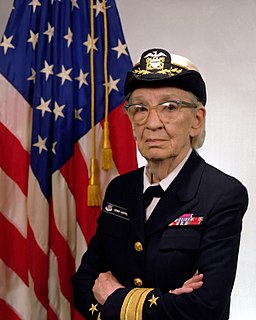A Quote by Peter King
The importance of command leadership. Clear objective and strategy and loyalty to those reporting to you.
Quote Topics
Related Quotes
My view is that leadership is not about position - you can lead very well with no one reporting to you in a hierarchy and you can lead quite poorly with many people below you in the traditional chain of command. Leadership is about mobilizing people toward valued goals, and anyone can do this, in any aspect of life.
If loyalty is, and always has been, perceived as obsolete, why do we continue to praise it? Because loyalty is essential to the most basic things that make life livable. Without loyalty there can be no love. Without loyalty there can be no family. Without loyalty there can be no friendship. Without loyalty there can be no commitment to community or country. And without those things, there can be no society.
In Russia itself the proletariat conquered in spite of the fact that there was no Soviet State in existence at the time elsewhere. For the victory are necessary, not only certain objective conditions, internal as well as external, but also certain subjective factors - the Party, the leadership, the strategy.
You can talk all you want about having a clear purpose and strategy for your life, but ultimately this means nothing if you are not investing the resources you have in a way that is consistent with your strategy. In the end, a strategy is nothing but good intentions unless it's effectively implemented.



































